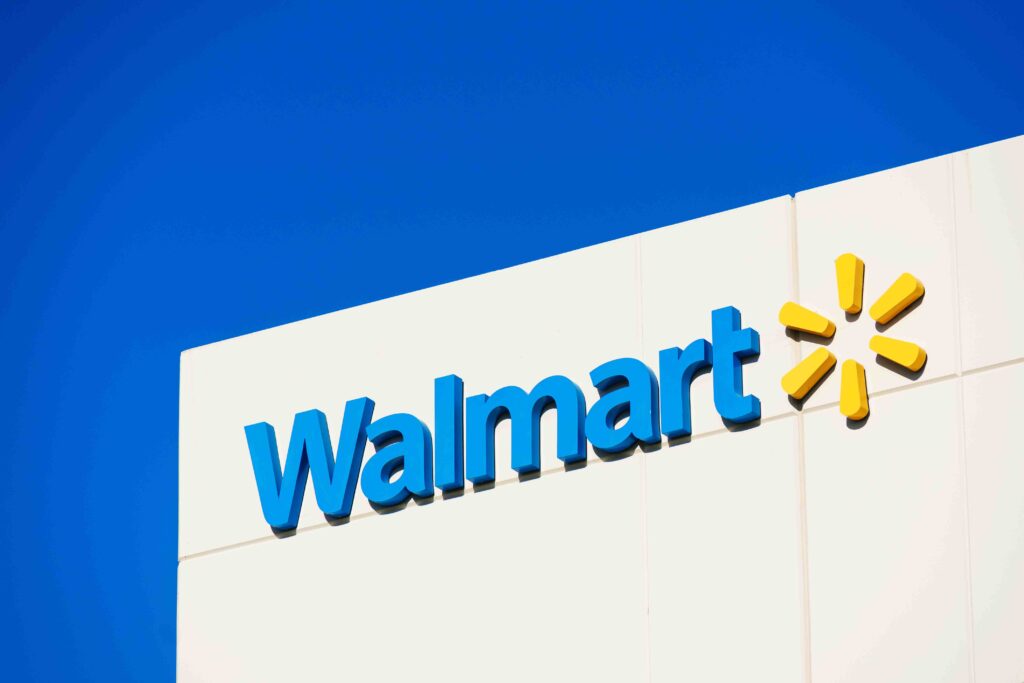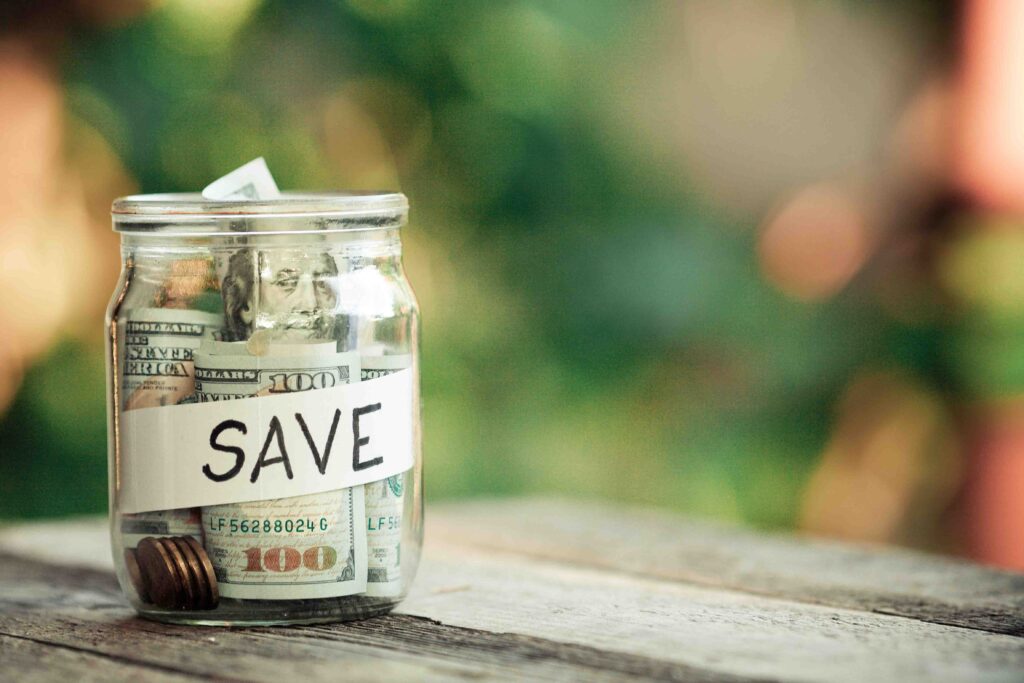On a Personal Note
Parents are interesting human creatures, aren’t they? One day you’re eating food with a fork, maybe even while sitting down. The next thing you know, you’re eating quite questionable leftovers while leaning over the sink (if you’re lucky) without a fork in sight (You lost all the forks? How?). Speaking on behalf of only myself…When did I become this confused, uncertain, hypocritical, yet incredibly demanding, unrecognizable version of myself? Thinking back to my infant parenting years, I was incredibly certain of what I wanted for my baby (sort of…maybe…actually, I’m not sure), even though I didn’t know why. I mean, BABIES NEED THESE THINGS. Don’t they?
As consumers, infant parents are a quite literal nightmare, and the marketing for baby stuff is epically impactful (not that you can remember). Maybe it was good marketing, or maybe you were just scared or gave up that day and ordered what you thought your baby needed on Amazon (twice). I don’t know and it doesn’t matter, but I’ve been there and done that. And I realize you probably bought three of them. What’s ‘them’? I don’t remember, but you have three of everything in the attic now so you must.have.needed.it.
Lesson #1: We consumers change our minds and demand things irrationally, which is perfectly acceptable in a market sense as long as we’re paying for our (ridiculous) demands.
Two Examples That Cause Stress, Worry and Fear: Parenting and COVID-19
The customer is always right. Right? So, why do you try to tell them otherwise? Telling people what they do and do not like about food – risky business. Yes, agriculture and food companies – I’m looking at you. Are you guilty of telling people what to do, what to like and how to perceive instead of meeting their demands as stated? Are you sure this is how you want to be remembered right now?
Lesson #2: We consumers remember if you offended or made us feel badly for any of our unsavory consumer demands/behaviors. Bluntly stated, consumers under duress remember if you offended them.
People facing stress and fatigue are not usually asking you for an education – they’re asking for a product, an answer or a solution they can feel good about. Do you want to sell that to them, or not? If you don’t, that’s fine. It is entirely conceivable that your company is uncomfortable producing or selling a certain product/service/solution, is opposed to a production practice or technology, or simply cannot provide what is demanded in the location/time necessary. But don’t feel compelled to give them something else for free, like advice, an education or a lecture. The consumer may not be correct, but you have to decide if you want to tell them so, “right here, right now,” or if you want to have the chance to interact as trusted market players again another day.
Lesson #3: They say elephants never forget, but an elephant has nothing on a scared or stressed consumer’s memory of if (insert company/brand name here) made them feel worse instead of better.
New parents are a good example of a high-stress time in which we’re likely not receptive to information counter to our own views. COVID-19 may offer another situation in which people under stress are not looking to have an intellectually stimulating or even vaguely informational interaction with you. Know what you are trying to do out there in the marketplace, and be careful that you stray off that path with intention and not a misguided attempt to change someone’s mind at the wrong time to broach that subject.
What’s the Takeaway for Agricultural and Food Supply Chain Businesses?
I am not proposing that you cannot seek to inform, provide transparency or answer questions posed in the market. I am proposing that you stray off your core path of value creation with great care, thought, and planning and be considerate of the state of your consumer. Consumers under duress are looking for safety, certainty and help. There is an inherent trust being placed in product and service providers during uncertain times. Consider the reliance on grocery stores during COVID-19; consumers placed great trust in those retailers to provide food for their families during uncertainty. Grocery stores became celebrated beacons of comfort, even as the experience inside was nerve-wracking for many. People wanted help feeding their families and many had no capacity for conversations about food, nutrition or production practices of various products. They needed food for their kids – now! It simply isn’t the time for information or education, regardless of how well-intentioned. Remember what they came to you for and consider carefully whether this is the time for care, compassion and answering only the request being placed versus providing more than was asked for in a time when people may not be equipped to handle more (information) than requested.
Lesson #4. If people are coming to you for products, services or solutions under duress, you have been given an implicit trust – treat that with great care. Pardon my language, but “Hell has no fury like a stressed out consumer scorned.”
ConsumerCorner.2020.Letter.07





